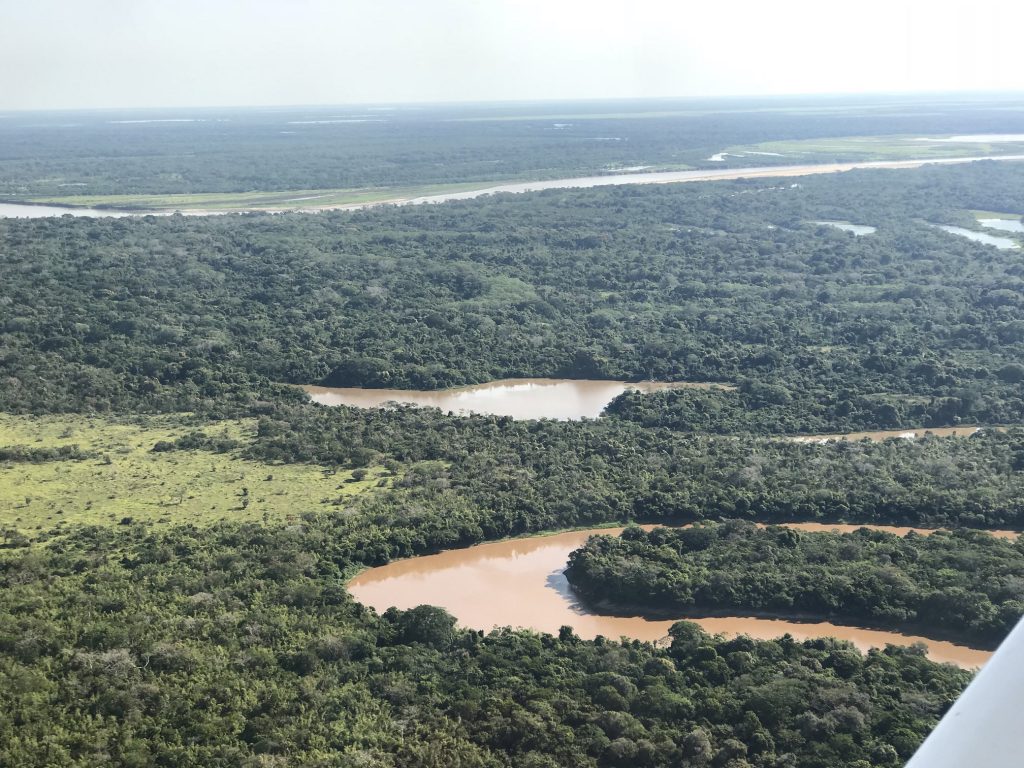Via Mongabay News
- Bolivia has “violated the rights of nature and of indigenous peoples as defenders of Mother Earth and have failed to comply with its obligation to respect, protect, and guarantee the rights of Mother Earth…” the International Rights of Nature Tribunal has ruled.
- In 2018, a delegation from the tribunal was refused entry to the Isiboro Sécure National Park and Indigenous Territory. The group was trying to assess the claims of communities affected by the project, but they were blocked from entering the area.
The International Rights of Nature Tribunal has issued its ruling on the Bolivian government’s road development project in the Isiboro Sécure National Park and Indigenous Territory (TIPNIS).
In a statement, the tribunal declared that Bolivia has “violated the rights of nature and of indigenous peoples as defenders of Mother Earth and have failed to comply with its obligation to respect, protect, and guarantee the rights of Mother Earth as established under national legislation and relevant international regulations.”
In 2018, a delegation from the tribunal was refused entry to TIPNIS. The group was trying to assess the claims of communities affected by the project, but they were blocked from entering the area. The commission had planned a discussion with leaders inside TIPNIS regarding the construction of a highway that would cross through the protected area. Some leaders were in favor of the highway, while others are opposed.
After being held for five hours, the commission abandoned its effort to enter the area as planned.
Following the judgement, one of the members of the delegation, Shannon Biggs, told Mongabay, “The passionate testimony given by members of all TIPNIS tribes was compelling, but it was backed up by the facts at hand. We read thousands of official documents. The judges could clearly see the failure of the government to apply true standards of Free Prior and Informed Consent. I believe, like the commission itself, they were astonished by the way the government defined “consent” as not including the right to say “no” to the project, but merely a way to set the terms with those who could be bought off.”
While critics say the construction of the TIPNIS road fails to meet the standard of the rights of nature, a guarantee by Evo Morales himself to protect Bolivia’s ecosystems, others see it as an opportunity for trade.
Whatever message Bolivian President Morales receives from this action by the tribunal remains unclear, but Biggs remains adamant: “At a time when the Amazon and its indigenous protectors are under threat regionally, President Morales has the opportunity to be a global leader to protect the rights of nature, and the rights of indigenous peoples everywhere. All he has to do to be a true champion for his people is put an end to the deadly TIPNIS road, forever.”

